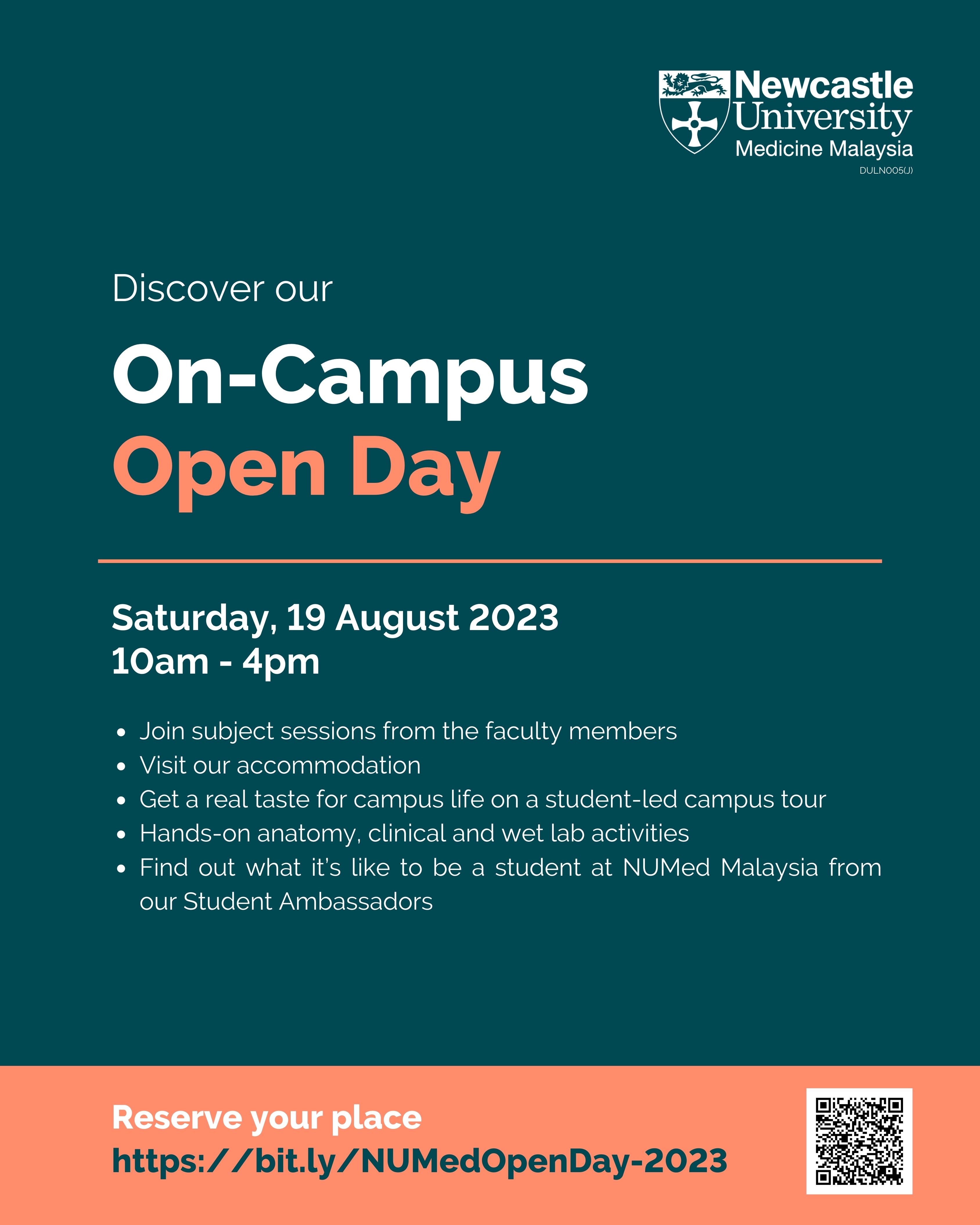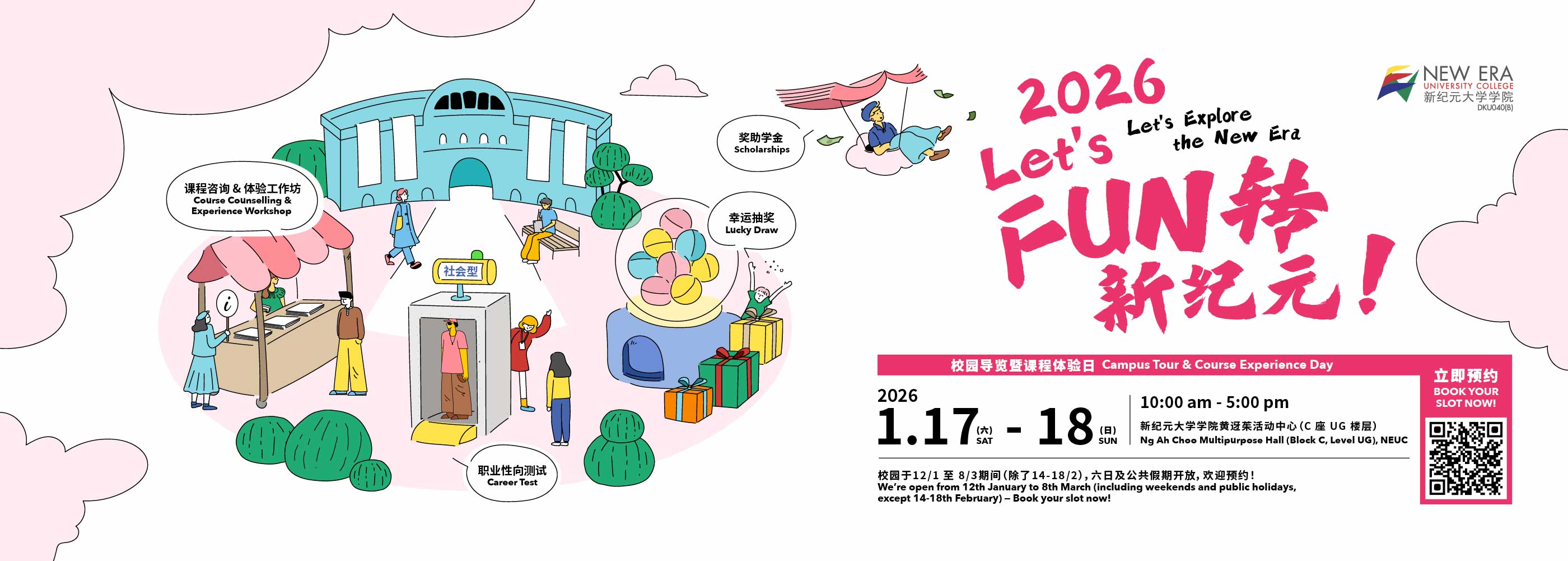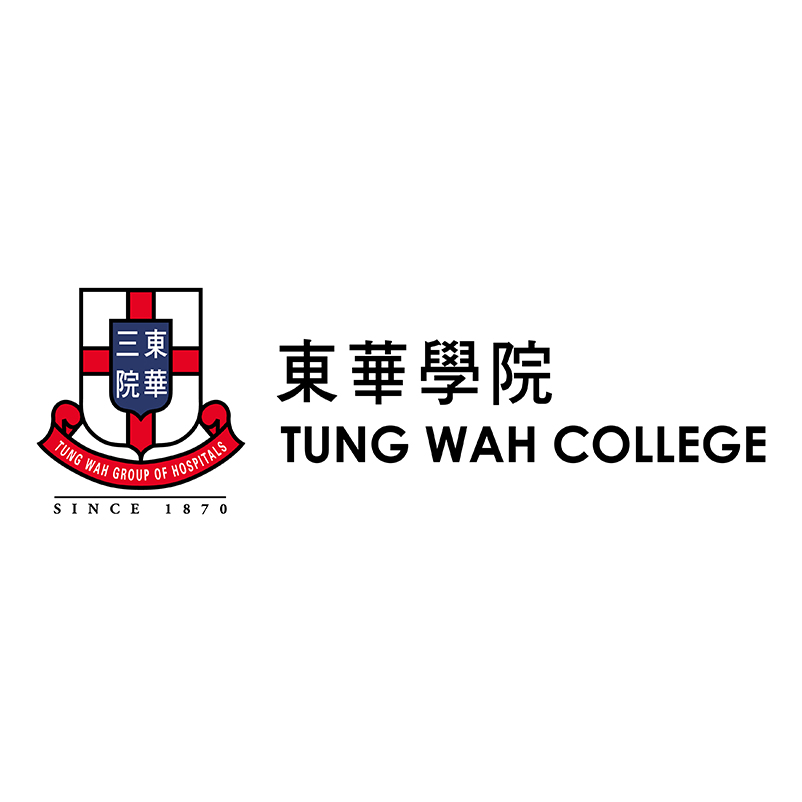What Is International Relations?
International Relations cover a wide range of issues concerning relationships across boundaries of nation-states. Some of the issues include international political economy, global governance, intercultural relations, national and ethnic identities, foreign policy analysis, development studies, environment, international security, diplomacy, terrorism, media, and social movements, among others. There is a need for expertise in international relations especially in today’s globalised world to interpret complex interactions, promote understanding and craft policies and business solutions.
Academic Pathway
An International Relations undergraduate programme generally takes three years to complete. The programme aims to create job-ready graduates who are critical thinkers who have a global perspective. Examples of subjects taught in the first year are Modern Political Ideas, Philosophy, Life & Existence, Sustainable Lifestyles & Communities; and War, Peace & Cooperation. Students will then learn about Money, Trade & Development; Development of the Global System, International Security, Broadcast Journalism and Government in the following year. The final year of the programme will usually include an independent research project and internship opportunities. In addition, some of the subjects students will learn in their final year are Governance & Global Policy, Conflict & Journalism, Government, Intelligence Agencies and the 21st Century World.
In Malaysia, there is a wider availability of International Relations programmes at postgraduate level. A Master’s degree in International Relations may take one to two years to complete depending on whether the programme is part-time or full-time. Postgraduate students will gain a deeper understanding on topics such as economics, law, politics and security. Some of the subjects in an International Relations postgraduate programme include Civil Society and Global Development, Contemporary Security Challenges, Global Political Economy and Human Security.
Career Opportunities
Individuals with undergraduate qualifications in International Relations may find employment in a wide range of sectors including education, government agencies, local authorities, political consultancies as well as industrial and commercial areas. They may also explore working for non-profit organisations focusing on international development, human rights, international labour, environment, international migration, and business, among others. On the other hand, individuals who choose to pursue postgraduate qualifications in International Relations may have opportunities to advance their career in sectors such as international media and journalism, local and national government, think-tanks, policy advice, lobbying, teaching and academic research.
Job Scope
Jobs positions directly related to an International Relations degree include diplomatic service officer, government social research officer, intelligence analyst, international aid worker, policy officer, political risk analyst and public affairs consultant. A background in International Relations is also helpful for individuals who are thinking of pursuing professions such as broadcast journalist, lecturer and risk manager.
Individuals Suited for the Programme
International relations is a suitable pathway for those with an ambition and desire to make a positive impact in society. Those who are passionate about debating, challenging world views, fighting injustices and world history will find an International Relations programme very exciting. A career in international relations will also impart valuable transferable skills such as interpersonal skills, analytical thinking, decision-making and negotiation skills. Individuals who love to travel and learn about other cultures should consider pursuing international relations as this programme will help them understand the effects of different policies, strategies, conflicts and laws on the world.
International relations expertise will increasingly be in demand to navigate an ever evolving and developing world with the rise of trade and commerce, migration, the Internet and social media, and concerns about the global environment. In addition, international relations is relevant for those wanting to develop their professional career, enter academia or gain knowledge on the globalised world.
Advices





News from Institutions

















